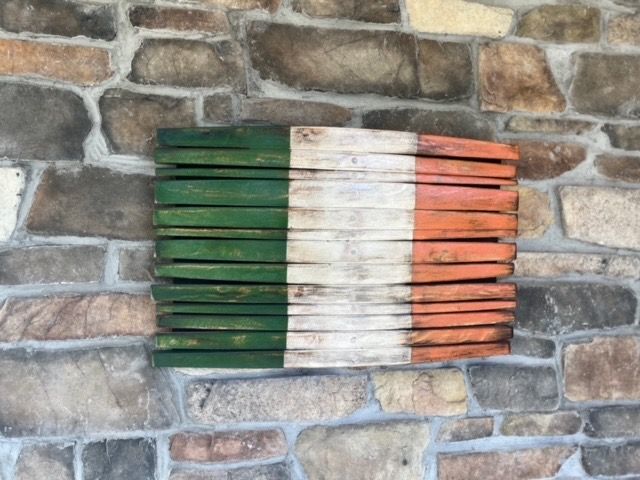Sister Catherine Ann Cesnik. Photo courtesy of Netflix.
By Bill Hughes
Beginning tonight, Netflix viewers will be able to view all seven episodes of a series entitled, “The Keepers.”
The documentary was produced by Ryan White. It deals with, among other subjects, the unsolved brutal murder on November 7, 1969, of a popular nun, Sister Catherine Ann Cesnik, known to many as simply “Sister Cathy.”
She was just 26 at the time of her death.
Sister Cathy’s battered body - she had been beaten over the head - was discovered off Monumental Avenue, in a Landsdowne, Baltimore County, Maryland, garbage dump by hunters, on January 3, 1970.
She was a member of the School Sisters of Notre Dame and had been an English teacher at the Catholic, all-girls, Archbishop Keough High School in Landsdowne.
The prime suspect in Sister Cathy’s murder was a priest, the late Father A. Joseph Maskell.
He had been a chaplain and counselor at Archbishop Keough while she taught there.
He was well connected to the local community and to the police departments, at both the county and state levels.
Father Maskell was also, for a time, an assistant pastor at St. Clement’s Church in Landsdowne. He was never charged with Sister Cathy’s murder.
In 1994, Fr. Maskell left Baltimore for Ireland where he obtained amployment as a psychologist. He later returned to the U.S. and died in 2001.
His remains were exhumed in February of this year and reports in recent days have stated that a DNA sample from Maskell was not a match from a DNA sample retrieved from evidence from the murder scene in 1969.
The case remains open, however.
Tom Nugent, author of the acclaimed “Death at Buffalo Creek,” and an investigative journalist, has been writing about Sister Cathy’s case since 1994, and recently in his online publication, “Inside Baltimore.”
He was a reporter for the Baltimore Sun and has written investigative reports for Mother Jones, the Chicago Tribune and the Washington Post.
Nugent’s insights on the matter will be featured in the Netflix series.
He wrote that the evidence, all circumstantial, shows that Sister Cathy was probably killed because she was “ready to blow the whistle on widespread sex abuse” at Keough by Father Maskell and others, in the late 1960s.
A retired, unnamed police homicide detective revealed to Nugent that the church authorities had allegedly used influence “to impede” the police investigation into Sister Cathy’s murder.
The church has denied the charges, but it has settled dozens of sexual abuse cases in the matter of Father Maskell.
According to published sources, at least two students at Keough were shown the body of Sister Cathy by Father Maskell himself.
One of them told Nugent, “I saw her on the ground. I ran over, bent down and began wiping maggots off her face. As I stared at my hands in shock, Father Maskell leaned over and whispered in my ear, ‘you see what happens when you say bad things about people.’”
The abuse stories get uglier.
Nugent reported that “three Keough graduates, who each received settlements from the Archdiocese of Baltimore for injuries of $40,000 or more as parties to this case,” during the past years have told “Inside Baltimore” that they were also raped by policemen with the approval of the depraved Father Maskell.
One of the students who was abused told Nugent that Sister Cathy was a “very brave women who tried her best to help those who were abused and she paid for it with her life.”
The victim continued: “I honor her spirit and I still feel very close to her, even today. And I no longer need to have validation from others about what I witnessed during the crimes that were committed against me and others.”
The victim added that the archdiocese of Baltimore has been “hiding behind the statute of limitations.”
The Baltimore archdiocese has had its own extensive, and very expensive, pedophile priest sexual abuse scandal to deal with in recent years. It is still in the process of dealing with the legal fallout, and atoning for the deeds of those who preyed on the most vulnerable.
Bill Hughes is a Baltimore-based author, actor and photojournalist.










